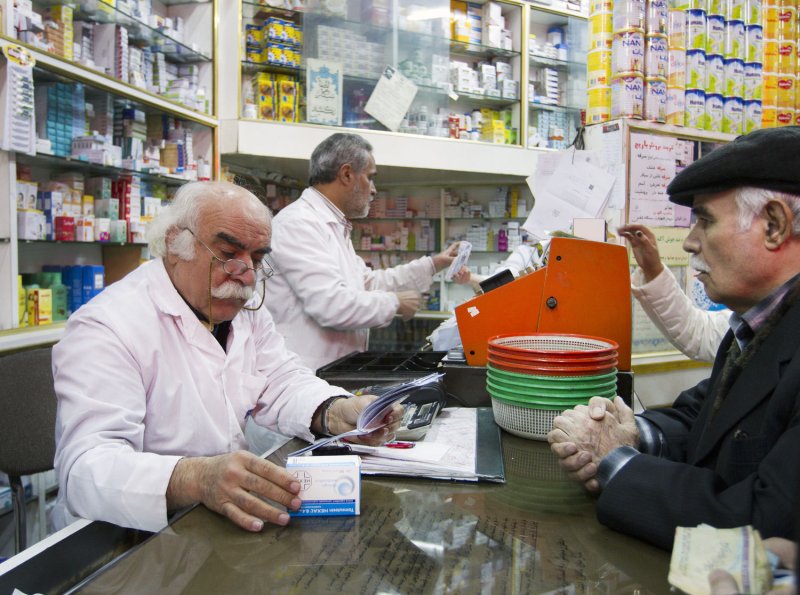Doctor says many fear losing patients if antibiotics not prescribed. UPI/Maryam Rahmanian |
License Photo
LONDON, Nov. 17 (UPI) -- A leading British primary care physician says the time has come for the public to take responsibility for seeking prescription antibiotics for trivial maladies.
"The change needs to come in patient expectation. We need public education: that not every ill needs a pill," Dr. Peter Swinyard, chairman of the Family Doctor Association, told The Independent. "We try hard not to prescribe, but it's difficult in practice. The patient will be dissatisfied with your consultation, and is likely to vote with their feet, register somewhere else or go to the walk-in center and get antibiotics from the nurse. But if we go into a post-antibiotic phase, we may find that people with pneumonia will not be treatable with an antibiotic, and will die, whereas at the moment they would live."
About 35 million antibiotics are prescribed by doctors in England each year and the more the drugs circulate, the more bacteria are able to evolve to resist them.
In the past, new antibiotics kept pace with evolving microbes, but a new class has not been created since 1987.
Dame Sally Davies, England's chief medical officer, wrote in The Lancet that death rates from bacterial infections "might return to those of the early 20th century."
"Rarely has modern medicine faced such a grave threat. Without antibiotics, treatments from minor surgery to major transplants could become impossible, and healthcare costs are likely to spiral as we resort to newer, more expensive antibiotics and sustain longer hospital admissions," Davies and other experts said in The Lancet.
Joanna Coast, professor of health economics at the University of Birmingham, said it is hard to estimate how much damage the loss of antibiotics in medicine would be.
"Much of what we do in modern health system relies on us having antibiotics. We need them for prophylaxis for surgery, for people having chemotherapy for cancer," Coast said. "The worry is that it might make big changes to how we run our health system."
In addition to medicine, antibiotics are used in vast quantities in agriculture, fisheries and by veterinarians adding to bacterial resistance.















